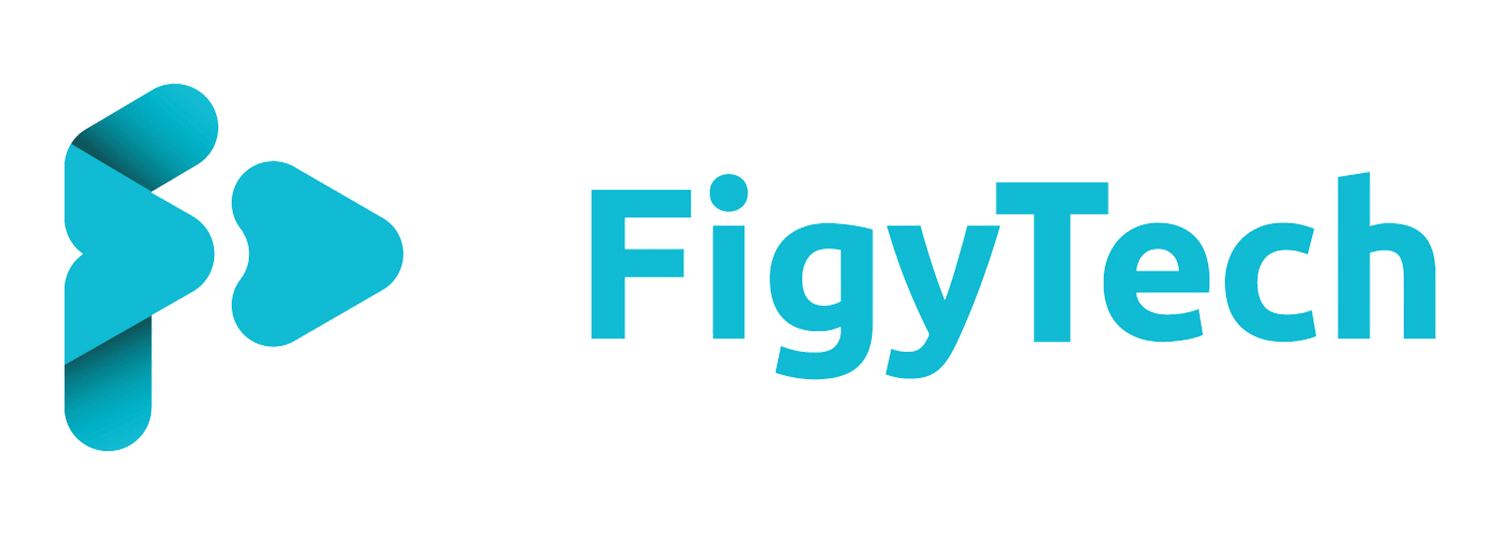Back up data @ FigyTech
Although we would want to believe that the data we store on our computers is secure and safe from harm, that is regrettably not the case.
A constant danger is the loss of data due to hardware assaults, ransomware, and other forms of cybercrime. Additionally, you cannot disregard system failure.
In the end, there are numerous ways for you or an outsider to delete or move the data on your computer. Since most people, especially those who work from home, rely on their laptops quite a bit, it's become crucial to back up files and prevent important information from being compromised. There are numerous approaches to doing this; continue reading to see which approach works best for you in terms of backing up data at home.
How to easily back up your data at home
1. USB flash - Let's begin by stating the obvious. Are USB sticks, also known as flash drives, thumb drives, and jump drives, a trustworthy device for storing data for a long time? Despite being practical and reasonably priced, they might not be the greatest for your work device. They typically have storage capacities between 128 MB and 256 GB, which might not be enough for all of your professional files but might be adequate for personal usage. They provide a significant risk to professional or personal files because they are so easily lost or destroyed due to their small size.
2. HDD or SDD - Other common physical storage solutions are solid-state drives (SSD) and hard drive disks (HDD), both of which are small and simple to keep at home. When contrasting the two, SSDs come out on top. They function more quickly, more consistently, and consume less power and battery life from your smartphone. Fast data transfer is a good benefit of both modes, especially if you're moving many huge files or lots of data at once. The popularity of external hard disks and SSDs is increased by the fact that they work with virtually every electronic device that stores data.
3. NAS devices - Any device connected to a Network-Attached Storage (NAS) device's wireless network can access the device's stored data, acting as a mini-server. They take up more space physically, but if you frequently use both a desktop computer and a portable laptop, they might be a wonderful choice for at-home use.
4. Cloud - This gets us to the Cloud, which is definitely not the least. Without a physical storage device, online backup services offer an efficient way to store and share your data. It replicates the data you submit and uses top-notch encryption to store these copies on a secure server. Some may contend that cloud storage services are better suited for small organizations or workplaces and are unnecessary if you are only backing up data at home. You can use Google Drive and Dropbox as free backup programs. Both solutions make it simple to browse file histories and gather a lot of crucial documents in one location.
However, things are not always this simple. You can find yourself in a numerous situation where you will need some extra help. Contact the professionals at FigyTech if you discover that you require an online storage solution with more security features or simply if you can not extract the data from your computer. We're here to help you with your issues and safeguard your data at home and at work.
